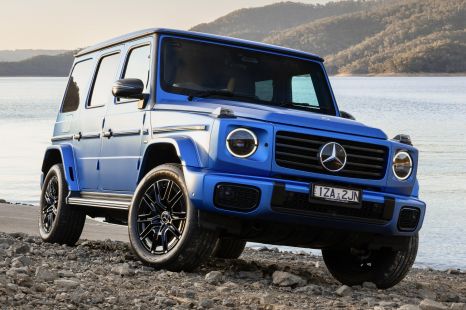

Max Davies
5 Days Ago
A bill in New Jersey seeks to stop automakers for charging ongoing fees for heated seats, but it's unclear if it will become law.

Journalist
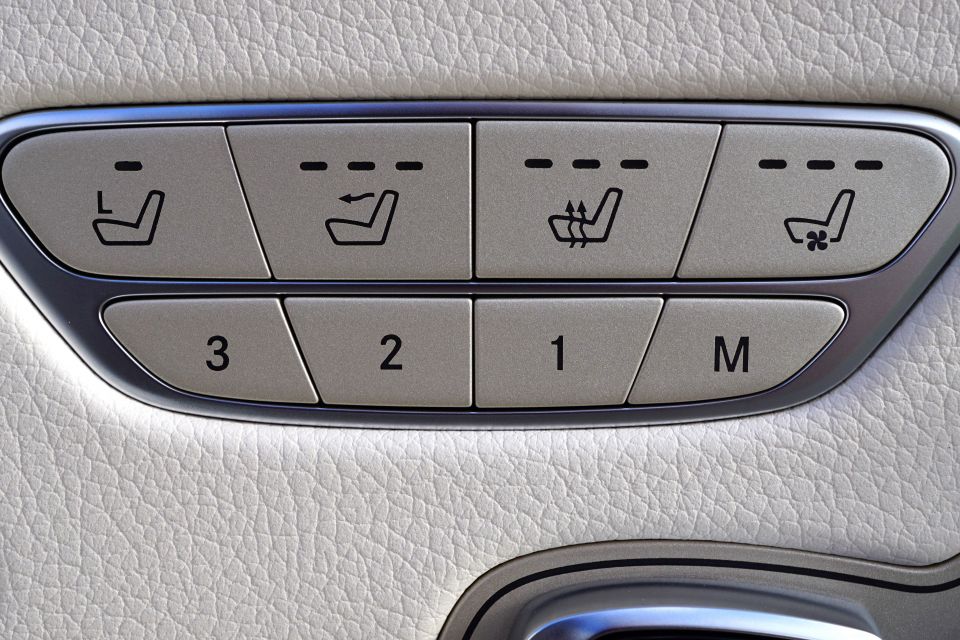

Journalist
Two New Jersey assemblymen have proposed banning automakers from offering subscriptions for features that are already installed in a car at the time of sale or lease.
Subscription for in-car features have been making waves of late, with some, such as BMW’s heated seats offering, earning a lot of ire from many internet commentators.
The proposed legislation, found by The Drive yesterday but tabled last month, targets these types of subscriptions as it seeks to make illegal ongoing fees for features that “[utilise] components and hardware already installed on the motor vehicle at the time of purchase or lease” and for which there is no “ongoing expense to the dealer, manufacturer, or any third-party service provider”.
That would make a sunroof subscription illegal, but would still permit services like OnStar, real-time traffic info, satellite radio, and internet connectivity.
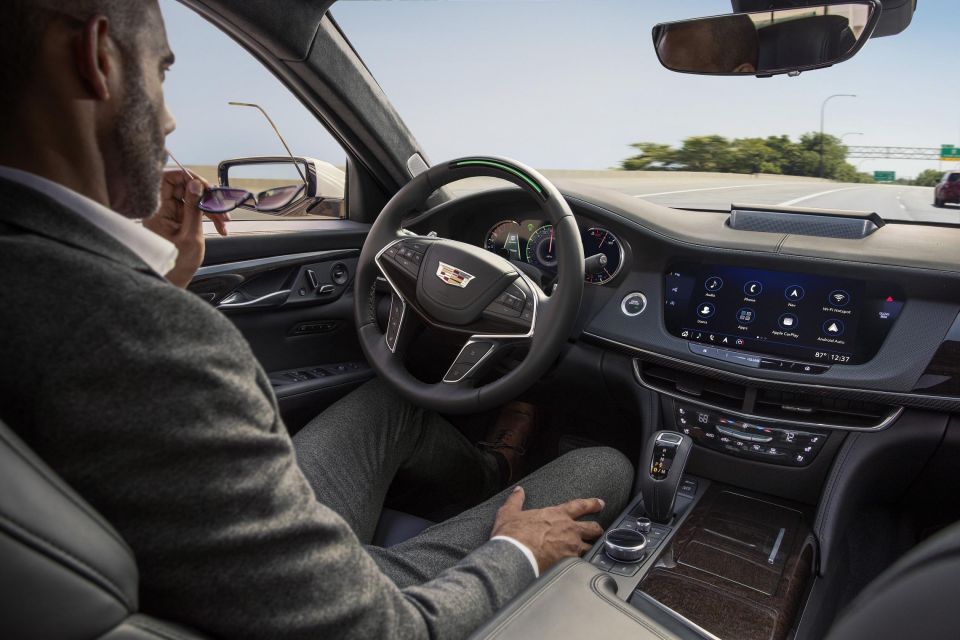
Contradicting the “ongoing expense” clause, the bill prevents car makers from charging subscriptions for “driver assistance” features, such as Tesla’s Autopilot or GM’s Super Cruise.
Both of these systems use on-board hardware and processors to provide a limited amount of driver-monitored autonomous driving capability, but are also updated regularly with improvements, fixes and new features via over-the-air updates.
In the case of Super Cruise, new highways are added to the system after they’ve been scanned by LIDAR.
All of these updates, naturally, cost their respective makers time and money to produce.
The maximum penalty for automakers breaking this proposed law is US$20,000 ($31,800). In its present form, the bill doesn’t specify whether this fine is per subscription package offered or per vehicle, although the latter would make more sense.
The bill also leaves open the possibility of “punitive damages, and the awarding of treble damages and costs to the injured party” at the discretion of the Attorney General.
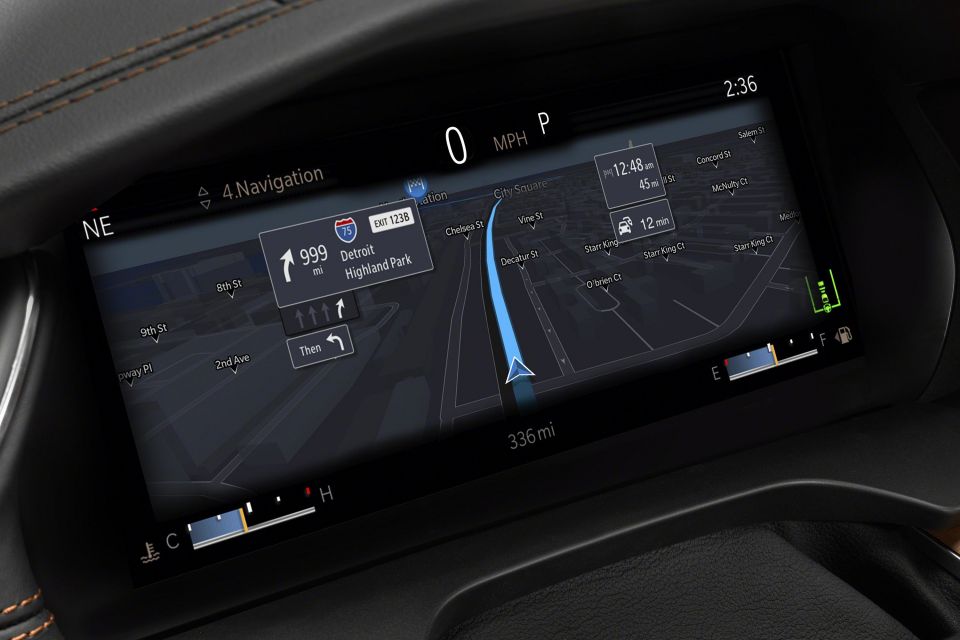
It’s unclear how much support this proposal has within the New Jersey General Assembly, and whether it will proceed to a vote. Should it succeed there, it will need to pass the Senate, and also be signed off by the Governor.
While both houses of the legislature, as well as the governor’s mansion, are controlled by Democrats, party discipline isn’t as strict as it is in Australia.
It’s also not unheard of for individual US states to introduce their own car regulations. The most notable is California’s stricter emissions laws, which are followed by 14 other states, as well as Washington, DC.
Just a few months ago, California introduced legislation that would force all new car sales to be EV or plug-in hybrid from 2035.
Derek Fung would love to tell you about his multiple degrees, but he's too busy writing up some news right now. In his spare time Derek loves chasing automotive rabbits down the hole. Based in New York, New York, Derek loves to travel and is very much a window not an aisle person.


Max Davies
5 Days Ago
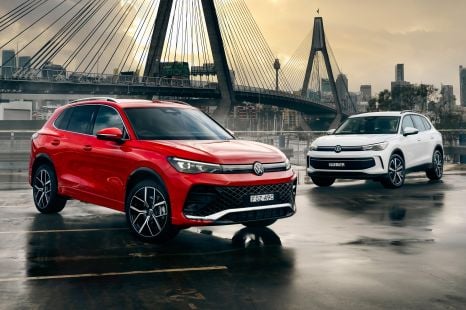

Max Davies
5 Days Ago
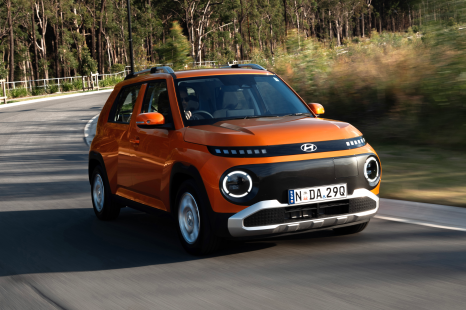

Josh Nevett
4 Days Ago
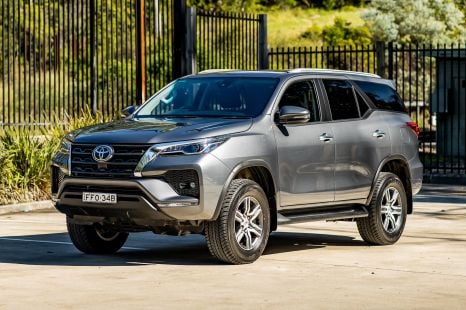

Matt Campbell
3 Days Ago
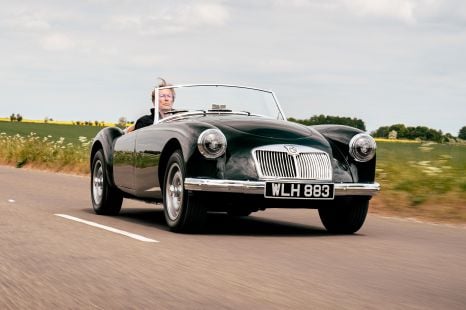
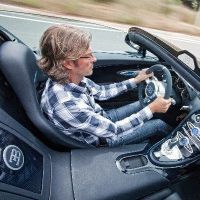
Angus MacKenzie
2 Days Ago
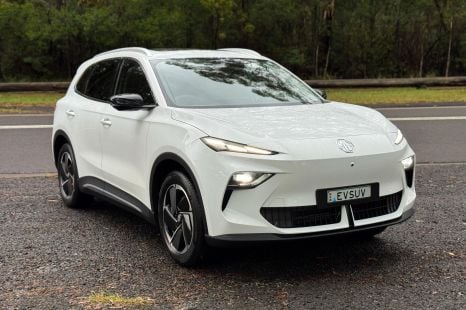

Matt Campbell
1 Day Ago